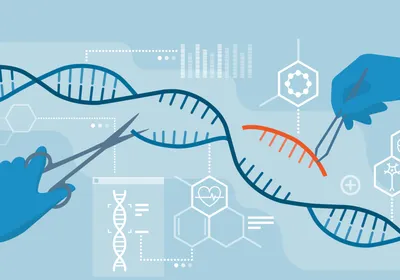 AAAS annual meeting exhibit hallTRACY VENCEScience policy, science communication, research funding, and research reproducibility were key themes at the American Association for the Advancement of Science (AAAS) annual meeting in Boston.
AAAS annual meeting exhibit hallTRACY VENCEScience policy, science communication, research funding, and research reproducibility were key themes at the American Association for the Advancement of Science (AAAS) annual meeting in Boston.
“I think it’s a little too early to say that scientists are going to be inhibited, or incapable of speaking [about] or publishing their research. But we are monitoring it. . . . There is definitely concern among the community.” –Joanne Carney, AAAS
“Research is a significant contributor, an enabler, of development. . . . New administration, new challenge to R&D.” –Bill Bonvillian, MIT
“We haven’t ‘drained the swamp’ . . . We have been throwing lots of alligators into it who have been starved for eight years. And federal employees feel like the food.” –Bob Cook-Deegan, Arizona State University
“It so directly takes up questions about the desirability and permissibility of modifying the human germline. . . . It’s fair to say that is ...





















